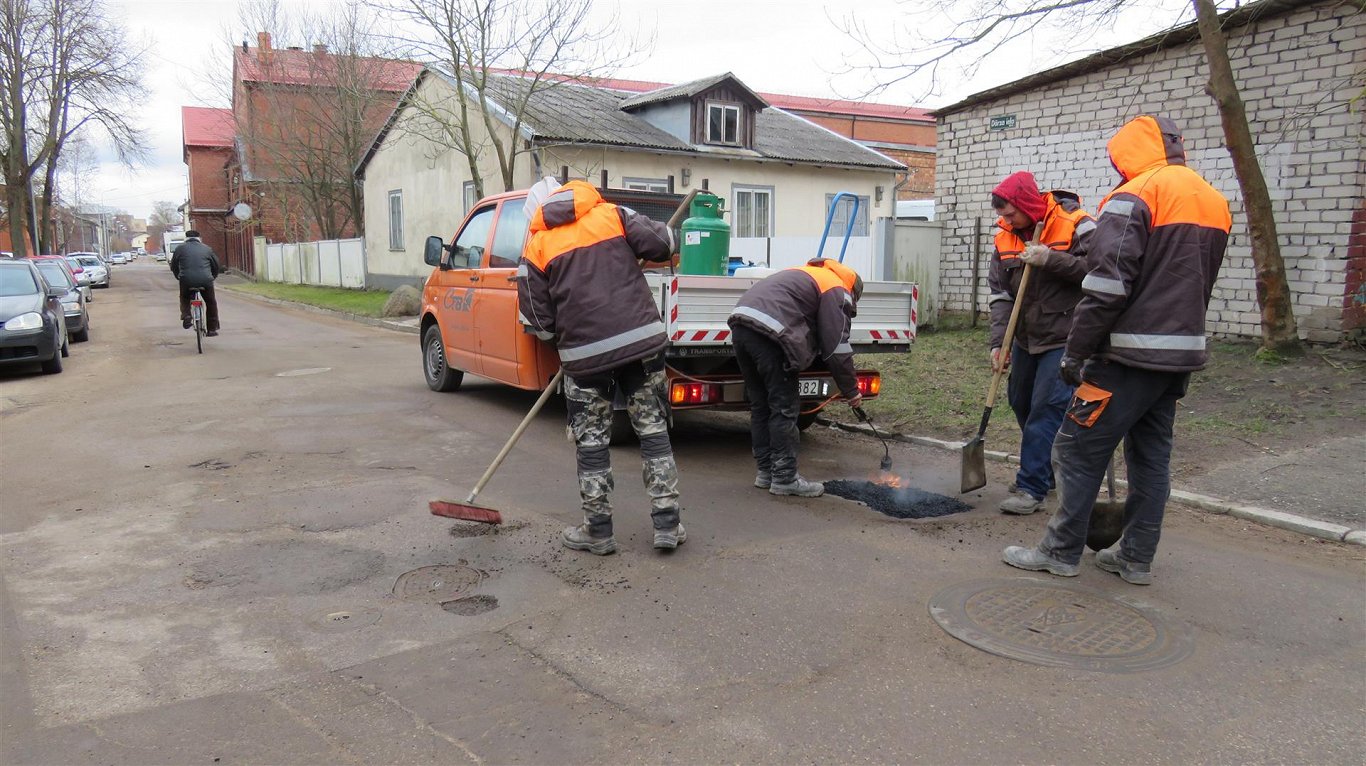A survey of residents conducted by Citadele shows that 45% of Latvia's population thinks about increasing their income this year. Most are going to look for a second job, while others are prepared to do additional freelance jobs, increase loads in the existing workplace, or work on holidays. Still, others are preparing to sell homemade produce or sell their own car or housing.Anna Fišere–Kaļķe, head of Citadele Group's CBL Life, said that cost review is the first thing to do.
"There are always things that maybe we can opt out of or use more appropriately. Most of us spend on food ourselves. If we were to approach food matters more pragmatically, we would also find opportunities here to save money. And the other thing we see, those people who saved during the pandemic found a really good use for it right now."
Fišere-Kaļķe believes that saving will be strongly stimulated by positive deposit rates, which are growing and slightly help to keep up with inflation.
According to the data of the State Employment Agency (NVA), there are currently slightly more than 51,000 inhabitants in Latvia without work, while 23,712 vacancies were registered in the NVA CV and vacancy portal, which is the largest national database of vacancies offered by employers, in early December. 80% of these are in Rīga and the region of Rīga.
Evita Simsone, director of the NVA, said that of all vacancies, part-time work is only offered in 1.2% of cases and is most often low-skilled.
“The most vacant jobs are in the areas of construction, real estate, transport, logistics, and production,” Simsone said. "And higher demand is also in the catering and food industries, services and information technologies, and telecommunications. The largest number is in lower- or middle-skilled occupations, but there are also high-skilled vacancies and many in the education sector, medical vacancies, the IT and financial sector. If it's a high-skilled job then doing two full-time jobs will be pretty difficult and challenging. Simple jobs are usually selected as sources of earning and second jobs. What is most needed is auxiliary workers, workers in construction. Still pretty popular are janitors, guards, really very simple jobs.”
Data from the Central Statistical Bureau (CSP) show that over the last 10 years, an average of 4-5% or 35-50 thousand people have worked in addition to primary work. Jānis Lielpēteris, board member of the Latvian Chamber of Commerce and Industry, said that part-time work is a relief in terms of labor shortages, but it is not possible in all sectors.
"The choice spectrum for the jobs you can do in this part-time format is certainly not as broad as you might want, but at the same time there is ample supply of vacancies, both in the service sector and in trade, and where there is a need for servicing some equipment or something," said Lielpēteris.
Lielpēteris said that employers in general are highly agitated, understanding this year's particular context with very noticeable price increases and not obstructing employees' activities in other jobs.
“Of course, let us say this, the drop in quality of work is certainly important and, of course, we must also look at how it impacts the productivity of employees,” said Lielpēteris. "The main need is for full-time employees, but if this is not the solution, of course, entrepreneurs are sufficiently active to find the best possible solution in the current situation, and there these part-time jobs are certainly one of the directions that entrepreneurs are working on."
The survey by Citadele shows that men aged 18-29 are most actively interested in second work.
According to data from the CSP, so far women have been more active in taking up additional jobs – in Q3 2022, 5.7% or nearly 26,000 women and 3.3% or 14,500 men had a second job.





























